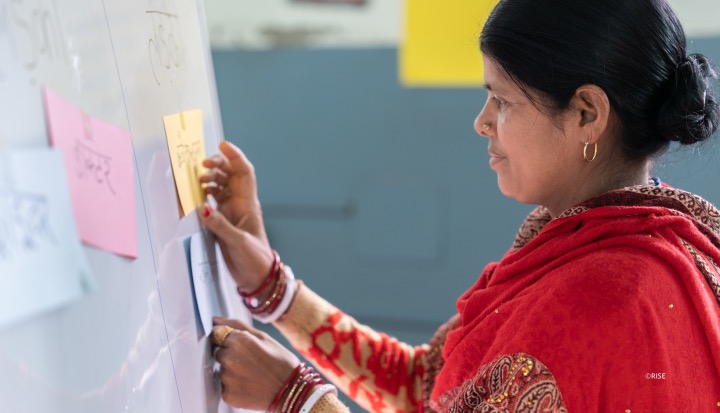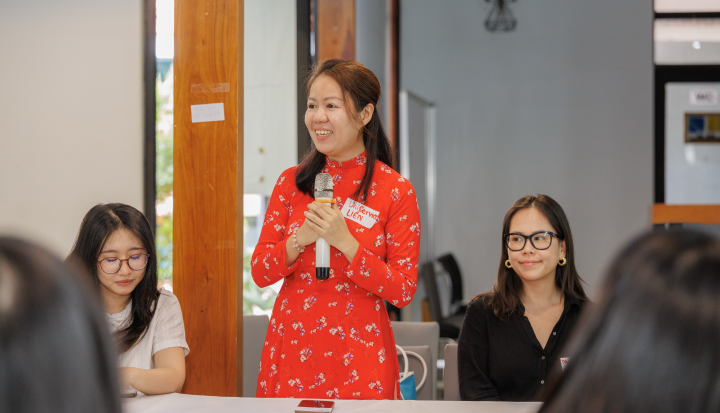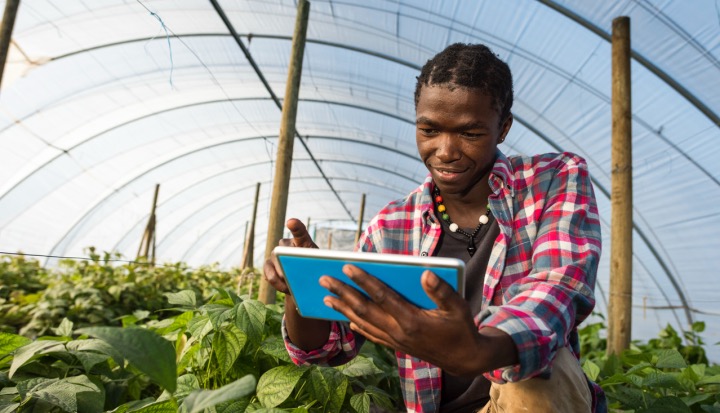Learning zone
Gender
Resource Kits
Explore our issue-based resource kits with downloadable, co-created learning resources. Everything you need to inform your organisation’s social impact strategy and stay ahead of emerging social impact trends.
This Resource Kit looks at how businesses can integrate gender equality with climate change initiatives in their supply chains and how this can be critical to achieving net-zero emissions by 2050. Companies can integrate gender through supply chain mapping, incentivising suppliers, and investing in gender-responsive projects to enhance outcomes.

Gender Integration in Carbon Projects

Women and the Net Zero Economy

Decarbonisation with a Gender Lens
Applying a Gender Lens to Net-Zero

Climate and Women in Agriculture
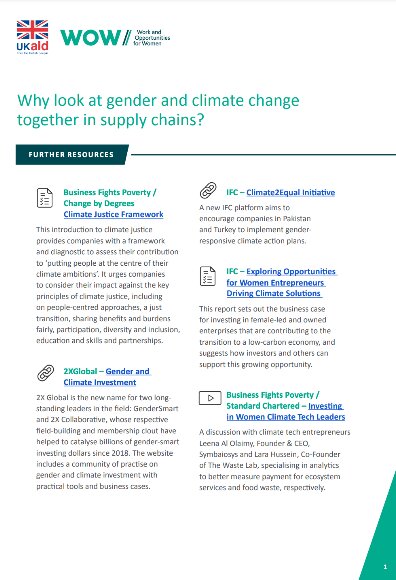
Gender and Climate Change Resources
This Resource Kit focuses on measuring the impact of Women’s Economic Empowerment (WEE) in supply chains. It outlines initiatives and measures that businesses can adopt to empower women and improve gender equality in global supply chains. This starts with gender-disaggregated data and gender-sensitive audits to better understand and mitigate risks.
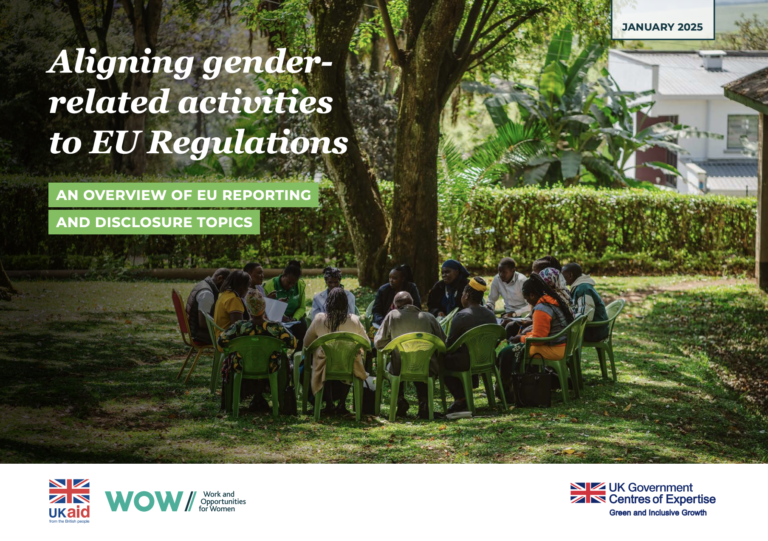
Aligning gender related activities to EU Regulations

Women's Empowerment in Supply Chains
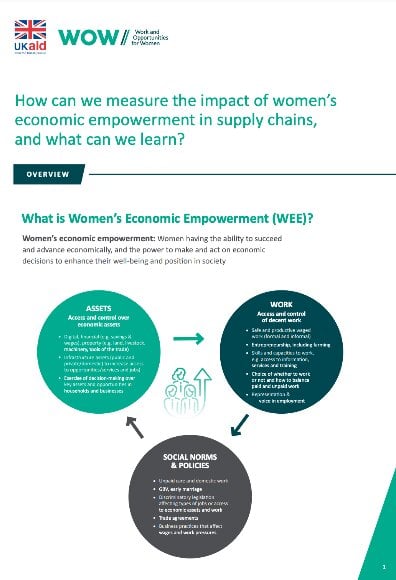
Measuring Women's Empowerment

Approaches to Measuring Impact
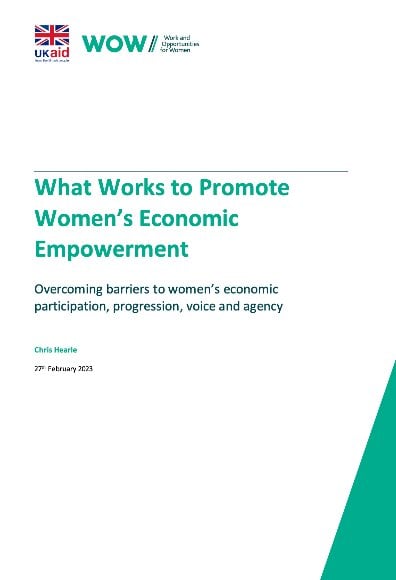
What Works for Empowerment
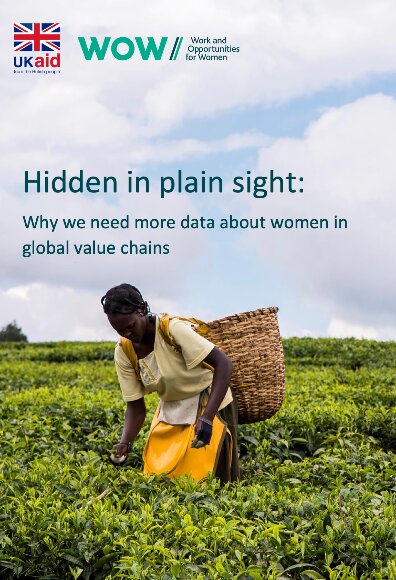
The Challenge of Data on Women

Measurement Resources

Managing Gender Inequalities in Supply Chains with Sam Ludlow Taylor

Ethical Supply Chain Management with Clare Fitton
This Resource Kit explores the barrier of unpaid care work to women’s advancement in professional roles. It provides guidance on why and how companies can address this alongside other gender equity issues within supply chains. By recognising, reducing, and redistributing unpaid care work, businesses can enhance gender equity and supply chain resilience.
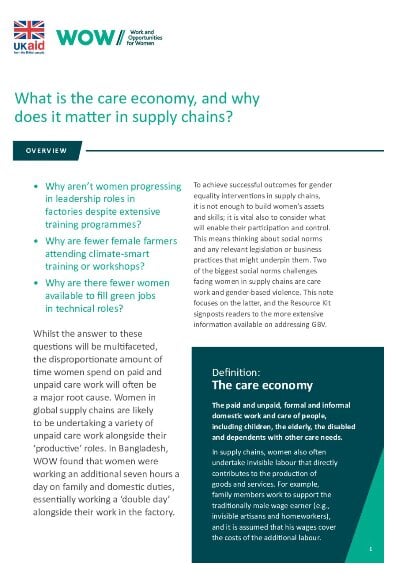
The Care Economy and Why it Matters
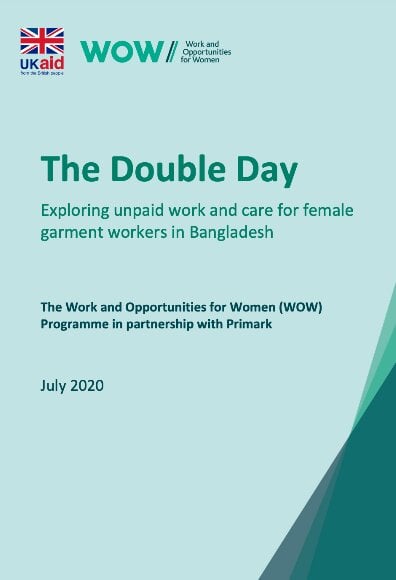
Care and Female Garment Workers
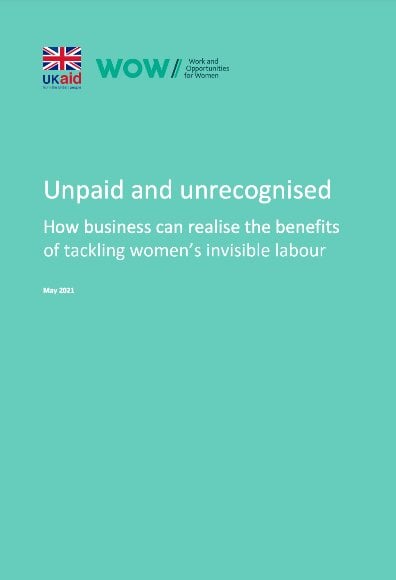
Tackling Women’s Invisible Labour

Care Economy Resources

This Resource Kit is the product of a collaboration with the Global Financing Facility looking at how businesses can support healthier futures for women, children, and adolescents. It provides insights into the private sector’s role in advancing health through innovation, collaboration, and family planning, while sharing lessons from entrepreneurs and workshops on leveraging technology for impact. By prioritizing health equity, businesses can drive progress toward the SDGs and global development.

Delivering healthier futures for women children and young people

Driving Health Outcomes for Women and Children

Catalysing female entrepreneurship and improving access to healthcare

Revolutionising Maternal Health Supply Chains




